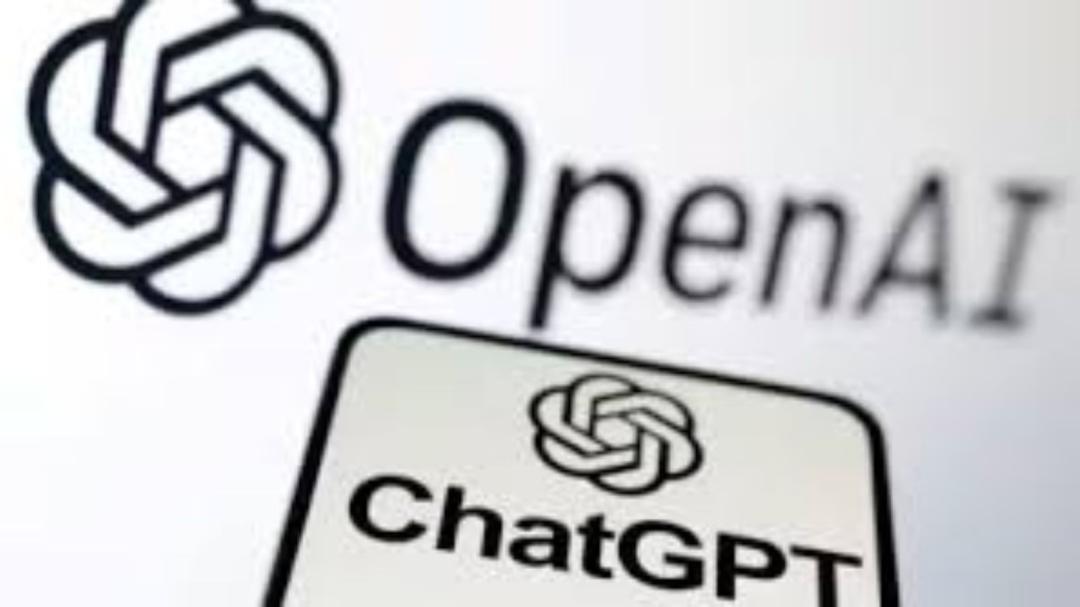
ChatGPT Aids Learning but Sparks Concerns on Integrity, Reliance
The advent of ChatGPT, a revolutionary AI-powered chatbot, has transformed the way students approach learning. By providing instant access to information and generating high-quality content, ChatGPT has become an indispensable tool for many students. However, the rapid adoption of this technology has also raised concerns about academic integrity, plagiarism, and overreliance on AI-generated content.
As educators, we face a significant challenge in detecting AI-generated work while ensuring that students develop critical thinking and originality. In this post, we’ll explore the impact of ChatGPT on student academic performance, the challenges it presents, and the solutions that can help balance innovation with authentic learning.
The Impact of ChatGPT on Student Academic Performance
ChatGPT has the potential to revolutionize the way students learn and approach academic tasks. By providing instant access to information, it helps students to:
- Complete assignments quickly and efficiently
- Research topics and gather information rapidly
- Generate high-quality content, including essays, reports, and presentations
These benefits can lead to improved academic performance, as students are able to complete tasks more quickly and accurately. Additionally, ChatGPT’s ability to generate content can help students who struggle with writing or have limited English proficiency.
Challenges and Concerns
However, the widespread adoption of ChatGPT has also raised concerns about academic integrity and plagiarism. With the ability to generate high-quality content, some students may be tempted to use AI-generated work as their own, without proper citations or credits. This can lead to:
- Plagiarism and academic dishonesty
- Inequitable access to education, as students who have access to AI-powered tools may have an unfair advantage
- Overreliance on technology, leading to a lack of critical thinking and originality
Solutions to Balance Innovation with Authentic Learning
To address these concerns and ensure that students develop critical thinking and originality, educators can implement the following solutions:
- AI Literacy: Teach students about the capabilities and limitations of AI-powered tools, such as ChatGPT. This can help them understand how to use these tools responsibly and ethically.
- Reflective Assignments: Encourage students to reflect on their learning and thinking processes, using tools like journaling or self-assessment quizzes. This can help them develop a deeper understanding of the material and think critically about the information they are presented with.
- Oral Defences: Incorporate oral presentations or discussions into assignments, allowing students to demonstrate their understanding of the material and think critically in real-time.
- Process-Based Evaluations: Focus on evaluating the process of learning, rather than just the outcome. This can include assessing student participation, engagement, and critical thinking, rather than just the quality of their written work.
Conclusion
ChatGPT has the potential to revolutionize education by providing instant learning support and generating high-quality content. However, it is essential that educators address the concerns surrounding academic integrity, plagiarism, and overreliance on AI-generated content. By implementing AI literacy, reflective assignments, oral defences, and process-based evaluations, we can balance innovation with authentic learning and ensure that students develop the critical thinking and originality necessary for success in the 21st century.






